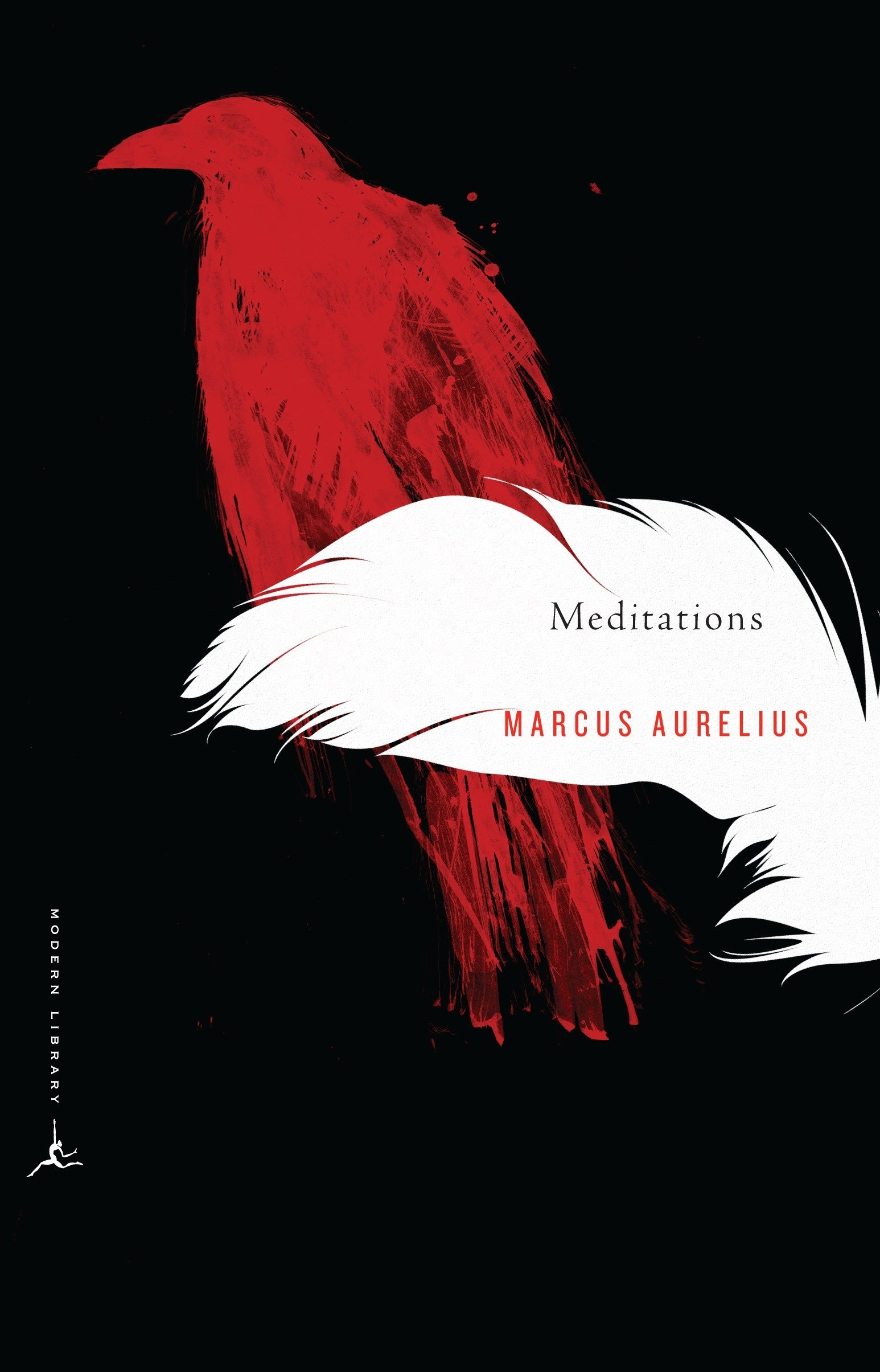Matthew Royal reviewed Meditations by Marcus Aurelius (Penguin Classics)
Review of 'Meditations' on 'Goodreads'
4 stars
A lot of food for thought. Marcus Aurelius kept repeating himself that that which does not harm the whole cannot harm the part. This is demonstrably untrue, but I understand his purpose in meditating on the end of one's life and the return of your body's matter to the "universe." Definitely will re-read this in a few years to see if I have a better handle on his purpose.
A lot of food for thought. Marcus Aurelius kept repeating himself that that which does not harm the whole cannot harm the part. This is demonstrably untrue, but I understand his purpose in meditating on the end of one's life and the return of your body's matter to the "universe." Definitely will re-read this in a few years to see if I have a better handle on his purpose.



